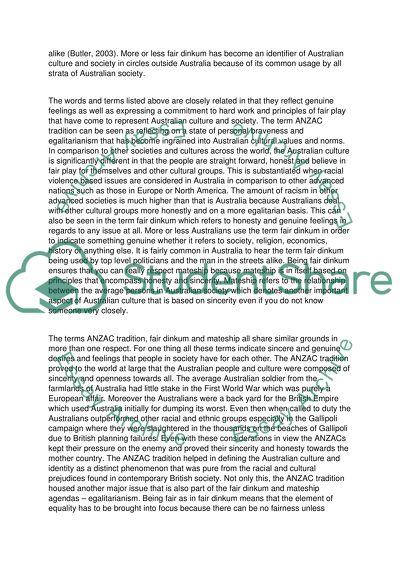Cite this document
(“Australia study (social and political cultures) Essay”, n.d.)
Retrieved from https://studentshare.org/miscellaneous/1579304-australia-study-social-and-political-cultures
Retrieved from https://studentshare.org/miscellaneous/1579304-australia-study-social-and-political-cultures
(Australia Study (social and Political Cultures) Essay)
https://studentshare.org/miscellaneous/1579304-australia-study-social-and-political-cultures.
https://studentshare.org/miscellaneous/1579304-australia-study-social-and-political-cultures.
“Australia Study (social and Political Cultures) Essay”, n.d. https://studentshare.org/miscellaneous/1579304-australia-study-social-and-political-cultures.


